
In a long term field study in the Yukon of Canada, researchers have found that the lifespans of red squirrels are heavily affected by early life adversity, which has an unexpected lesson for human resilience.

Clarissa Wright graduated with her first degree in BSc Geology & Petroleum at University of Aberdeen in 2013, and later completed MSc Applied & Petroleum Micropalaeontology at University of Birmingham. After her Master’s degree, she entered the scientific publishing industry in London as an Assistant Editor at Springer Nature, where she was later promoted to Senior Assistant Editor. While supporting various academic journals and writing for the BMC Blog there, she achieved a blog writing award. She later joined Frontiers as an Editor Outreach Specialist.
After moving on from academic publishing, she went on to become a full-time science writer and editor, working on various communication projects such as NatureVolve magazine. She has regularly published in American Geophysical Union’s Eos magazine, the UK’s Institute for Marine Engineering (IMarEST) and AZoCleanTech.
With the University of the West of Scotland she successfully completed the course Creative Entrepreneurship. Currently, she is a QA Editor for Mother Tongue and an Editor for YourWeather. Having always been interested in nature, she likes to connect to the outdoors by creating art while working on her cottage rebuild and gardening project.

In a long term field study in the Yukon of Canada, researchers have found that the lifespans of red squirrels are heavily affected by early life adversity, which has an unexpected lesson for human resilience.
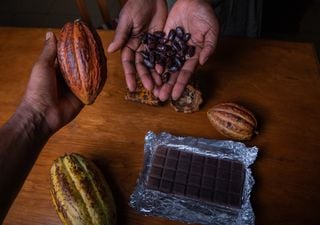
The virus called “cacao swollen shoot virus disease” threatens the cacao tree and its seeds in West Africa. Can anything be done about it?
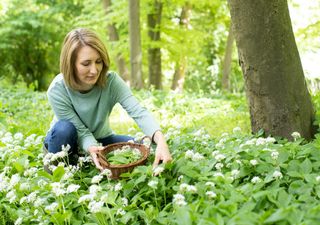
Researchers from the Dragoi Lab have collaborated and used wireless tech to monitor the behaviour of macaques free to roam in natural settings, to understand foraging in not only animals, but humans.
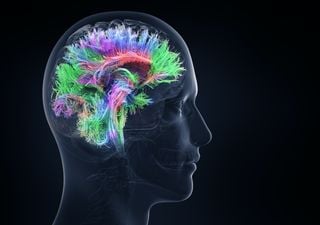
A study by researchers at University of Virginia have uncovered some intriguing workings of the brain in autism that could help to more accurately recognise autism.
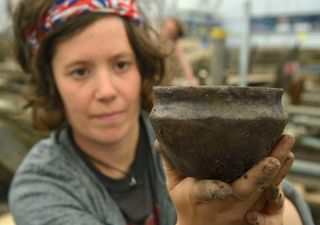
From fine goods to stacked pots and pet dogs, Bronze Age people who lived in sophisticated stilted structures over marshland in East Anglia lived more sophisticated lives than expected.
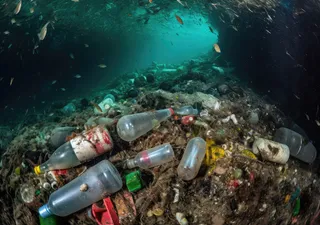
Scientists have used data from "sea robots" to identify the sheer amount of plastic pollution that is on the ocean floor, estimating major amounts in the deep ocean depths.

A professor of Economic History says that “the story we tell ourselves about the history of Britain needs to be rewritten” as thorough data reveals industrialisation happened a century earlier than thought.

Skeletal remains have harboured a hidden treasure: a full genomic sequence of harmful oral bacteria that causes tooth decay. What can we learn from the past?
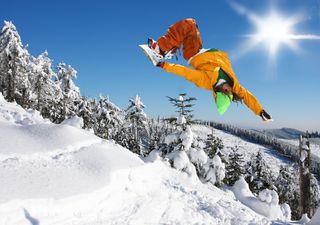
Snowpack provides more than just a platform for snow sports, it is the source of a crucial water supply from mountains. Researchers show how much before introducing a new metric.
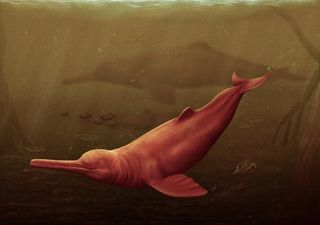
An unexpected discovery on an expedition to the Amazon Rainforest in Peru led to finding the largest river dolphin ever found and a new species.
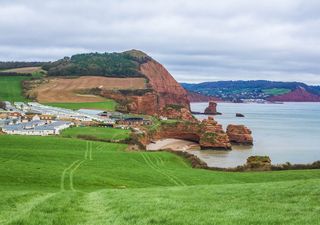
Scientists from the Universities of Cambridge and Cardiff have discovered what could be the oldest forest discovered in the world.
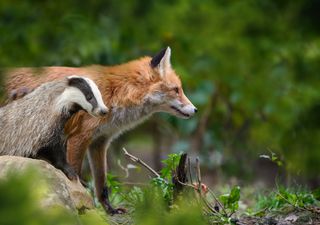
As the UK is one of the most nature-depleted countries in the world, the random culling of wild animals is not encouraged by conservationists.
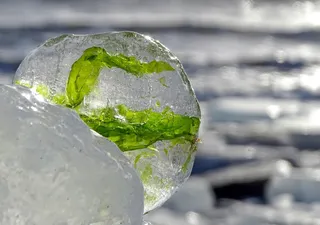
Building biorefineries can benefit sustainability and the economy in Mexico, experts say. But what about the rest of the world, and traditional petrochemicals?
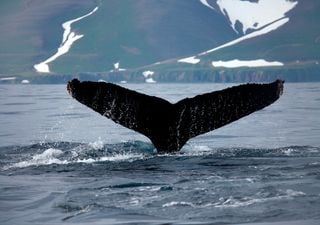
Baird's beaked whales have been spotted getting into shallower waters of the Commander Islands - why? Marine biologists have a possible explanation, related to a unique pattern of animal behaviour.
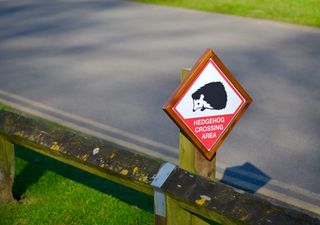
England is thought to now be the first country in the world to make Biodiversity Net Gain law, which requires site developers to leave nature in a better state than it was before.
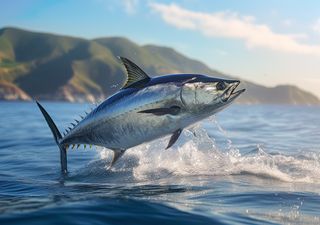
The bluefin tuna was once common to UK shores before it was driven away by overfishing. In recent news, the species has returned to English shores, but for uncertain reasons.
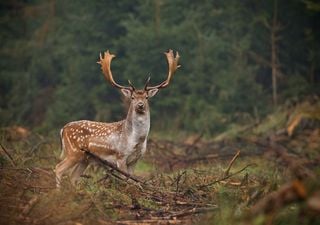
A comprehensive analysis published by scientists suggests that large herbivores should not be culled based on their place of origin. Animal traits appear to have an impact on ecosystems, but this does not relate to whether they are native.

The development of the busy A30 road in Cornwall has unearthed 10,000 years of Cornish history, giving us a glimpse from the Bronze Age to World War Two.
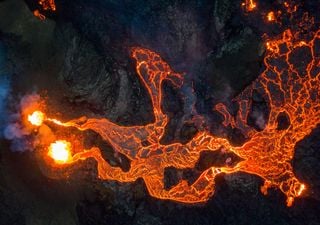
Lava breached the defensive walls of the town of Grindavik after an eruption began early Sunday. Lava has now been reported to have reached the town.
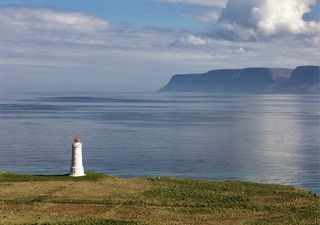
A newly found fossil "giant worm" from the Cambrian revelas a "world of worms" eating other marine lifeforms in the ancient ocean.